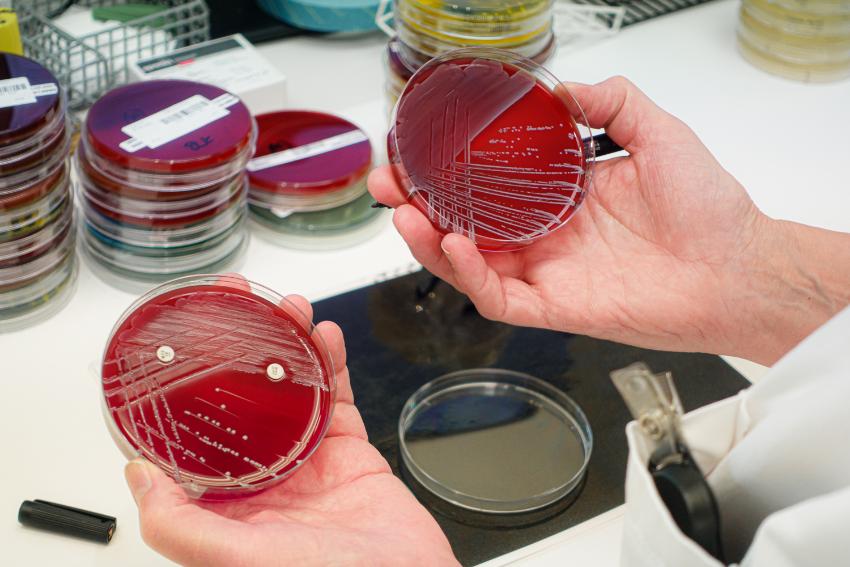2018-2020 Work Programme and FP9 Update
2018-2020 Horizon 2020 Work Programme
Preparation of the 2018-20 work programme has started and early drafts are already circulating for some areas. The next work programme is expected to include a stronger emphasis on impact and mission-oriented funding (less prescriptive topics with wider missions across a specific call) within the Societal Challenges. There will be four Focus Areas with larger budgets: climate; circular economy; digitisation; and security.
Apart from the European Research Council (ERC) work programme, which is expected in July 2017, the work programme will be published at the end of October 2017 - later than in previous years. It is not yet clear whether the Commission will publish drafts before the autumn, as has been the case for the previous Horizon 2020 work programmes. The later publication this year is linked to the on-going Horizon 2020 Interim Evaluation, which is expected to conclude in October with its results to be included in the planning for the final three years of Horizon 2020.
Framework Programme 9 (FP9)
The planning for FP9 is now well under way in the European Commission, with the caveat that it is still in the early stages and that much will depend on the proposal for the next EU Multiannual Financial Framework (MFF), since its duration, size, and implications of the Brexit negotiations are still to be determined. The Commission proposal for the next MFF should be published by the end of this year with the FP9 proposal expected to be published shortly after the final details of the MFF are agreed (expected in early 2019). A public stakeholder consultation on FP9 is scheduled for early July 2017.
Given this early stage, it is difficult to say what FP9 will look like in detail, but we understand that there will be a significant amount of continuity from Horizon 2020. This continuity is likely to apply to the ERC and other bottom-up schemes, currently included in the Excellence Pillar of Horizon 2020. A new element likely to feature prominently in the structure of FP9 is the European Innovation Council (EIC), some elements of which will be piloted during the final years of Horizon 2020. How collaborative research will be funded in the future is yet to be determined, though there have been strong indications that there could be a move towards a mission-based approach, which will also be piloted in the 2018-20 Horizon 2020 work programme.
The next MFF will also include a new programme funding European Defence Research, building on a pilot action and the current Preparatory Action. Whether this programme will form part of FP9 is still to be decided.
Consequently, the key features of FP9 can be summarised as follows:
- A continuation of the European Research Council (ERC), funding bottom-up, excellent science;
- Funding for mission-oriented, collaborative research around a number of priorities (mission-oriented funding will be introduced already in the 2018-20 work programmes for Horizon 2020; and
- Funding for innovation via the European Innovation Council (piloted on a smaller scale during the final three years of Horizon 2020).


